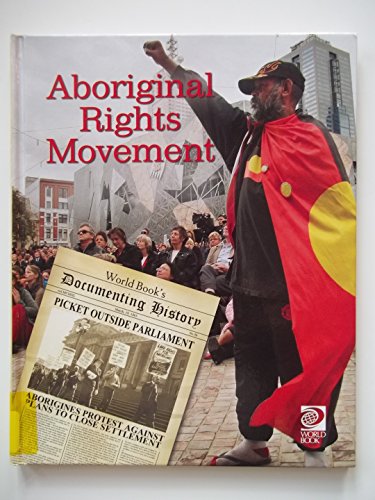
Mount St Benedict College acknowledges and pays respect to the past and present traditional custodians and elders of this nation and the continuation of cultural, spiritual and educational practices of Aboriginal and Torres Strait Islander peoples. Ancestors have walked this country and we acknowledge their special and unique place in our nation’s historical, cultural and linguistic identity.
Visitors should be aware that this Research Guide may contain images or documentation relating to Aboriginal and Torres Strait Islander people who are deceased.
 Aboriginal Rights Movement
by
Aboriginal Rights Movement
by
Eddie Koiki Mabo's campaign for Indigenous land rights led to a landmark decision of the High Court of Australia, on 3 June 1992 that overturned the legal fiction of terra nullius. Recognising the High Court's ruling in Mabo remains the basic legal document on native title. Native title is the recognition that Aboriginal and Torres Strait Islander people have rights and interests to land and waters according to their traditional law and customs as set out in Australian Law, governed by the Native Title Act 1993 (Cth).
Indigenous Australian's rights and freedoms have changed greatly over the last century or so, in this video we take a look at some of the key policies that helped to change Aboriginal rights for the better.
Looking back on pivotal events like the 1972 founding of the tent embassy, Pocket Compass asks has the Indigenous voice been heard on treaty, recognition and truth? And is there such a thing as an Indigenous Nation?
Aboriginal and Torres Strait Islander Customary Laws and Traditional Governance Structures/Systems
Aboriginal and Torres Strait Islander Linguistic/Geo-cultural Maps
Aboriginal and Torres Strait Islander Rights
The United Nations Declaration on the Rights of Indigenous Peoples builds on the Universal Declaration of Human Rights to affirm that Indigenous peoples, including Australia’s Aboriginal and Torres Strait Islander peoples, are no less equal to all other peoples and to recognise the rights of all peoples to be different and to be respected as such. The Universal Declaration of Human Rights and the Declaration on the Rights of Indigenous Peoples are co-constructive frameworks which sanction the simultaneous importance of equality and equity and humanity and diversity. Some recently released rights-based classroom resources include:
Australian Human Rights Commission—Face the Facts: Aboriginal and Torres Strait Islander Peoples
Australian Human Rights Commission—Human rights in the school classroom
Australian Human Rights Commission—Racial Discrimination? Know your rights film clip
Australian Human Rights Commission—UN Declaration on the Rights of Indigenous Peoples film clip
Australian Human Rights Commission—What you say matters. Racism. It Stops with Me. Feat. Brothablack film clip beyondblue—The Invisible Discriminator: Create Change at Your School
Education Services Australia—Racism and human rights
Beyond Blue – The invisible discriminator
Calgary Anti-Racism Education – You in anti-racism
NSW Department of Education and Communities—Racism. No Way: Anti-Racism Education for Australian Schools
Reconciliation Australia—Let’s Talk…Land Rights
Closing the Gap aims to improve the lives of all Aboriginal and Torres Strait Islander Australians. The Aust. Govt. website includes the most current 2020 Closing the Gap report and previous annual reports.
The Coalition of Peaks is a representative body of around 50 Aboriginal and Torres Strait Islander community-controlled organisations who are working towards an agreement making process with COAG for Closing the Gap.
Australian Indigenous HealthInfo Net - Closing the Gap
A central hub for information about the government initiative that aims to address Aboriginal and Torres Strait Islander disadvantage in health, education and employment. This section provides a comprehensive collection of publications, resources, policies and programs relating to Closing the Gap.
The purpose of this document is to collate published research, government reports and inquiries, and academic commentary in relation to Cultural Dispossession, and the effects this may have on a person’s behaviour; development; physical, mental and social well-being; and links to contact with the criminal justice system.